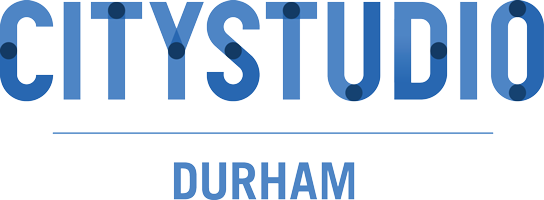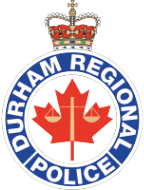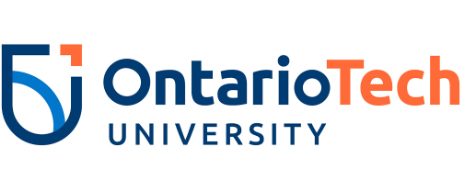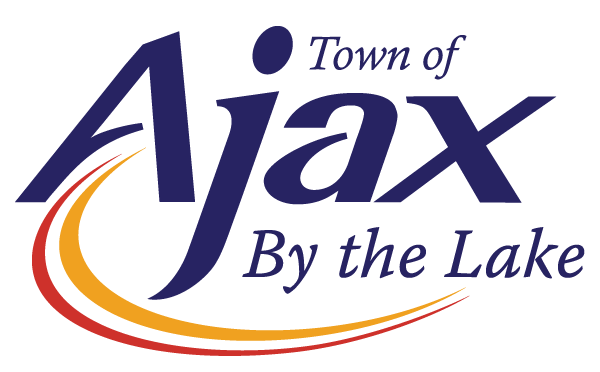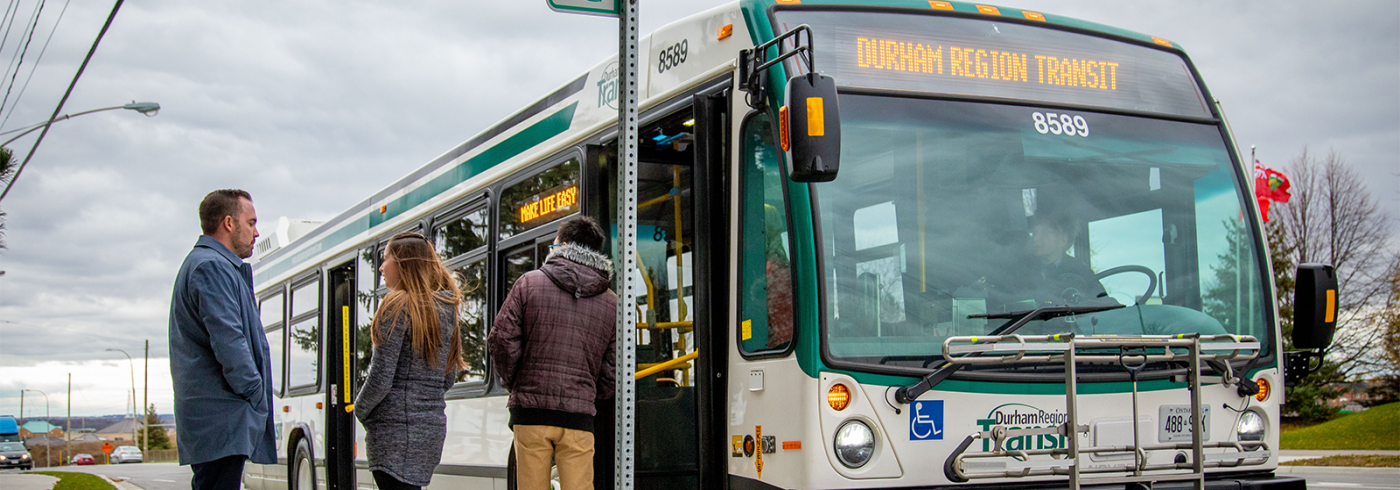
The Region of Durham’s Works Department would like to assess how current and proposed transit routes serve low-income, racialized, and rural communities. This includes evaluating the integration of affordable housing within transit-oriented development (TOD) zones and measuring the environmental impact of shifting from car dependency to rapid transit. Additionally, they would like to investigate ridership trends and forecast future demand, map current and planned density around key transit corridors, and address the regions’ polycentric structure and rural-urban divide.
Host Department: Works
Type of Collaboration: A small group of students working on a capstone project
Anticipated Outcome:
Key outcomes of this project involve gaining deeper insight into:
- How can transit investments prioritize historically underserved communities in Durham Region?
- What policies can support mixed-income communities near transit hubs?
- How can rapid transit align with Durham’s climate action and emissions reduction goals?
- What strategies can boost transit ridership in Durham Region?
- How can land use changes support higher-density, walkable, and transit-supportive communities?
- What are the specific challenges and opportunities for rapid transit development in Durham Region?
Deliverables: Business case development
Timeline: 8 months
Desired Start Date: Fall Semester 2025
